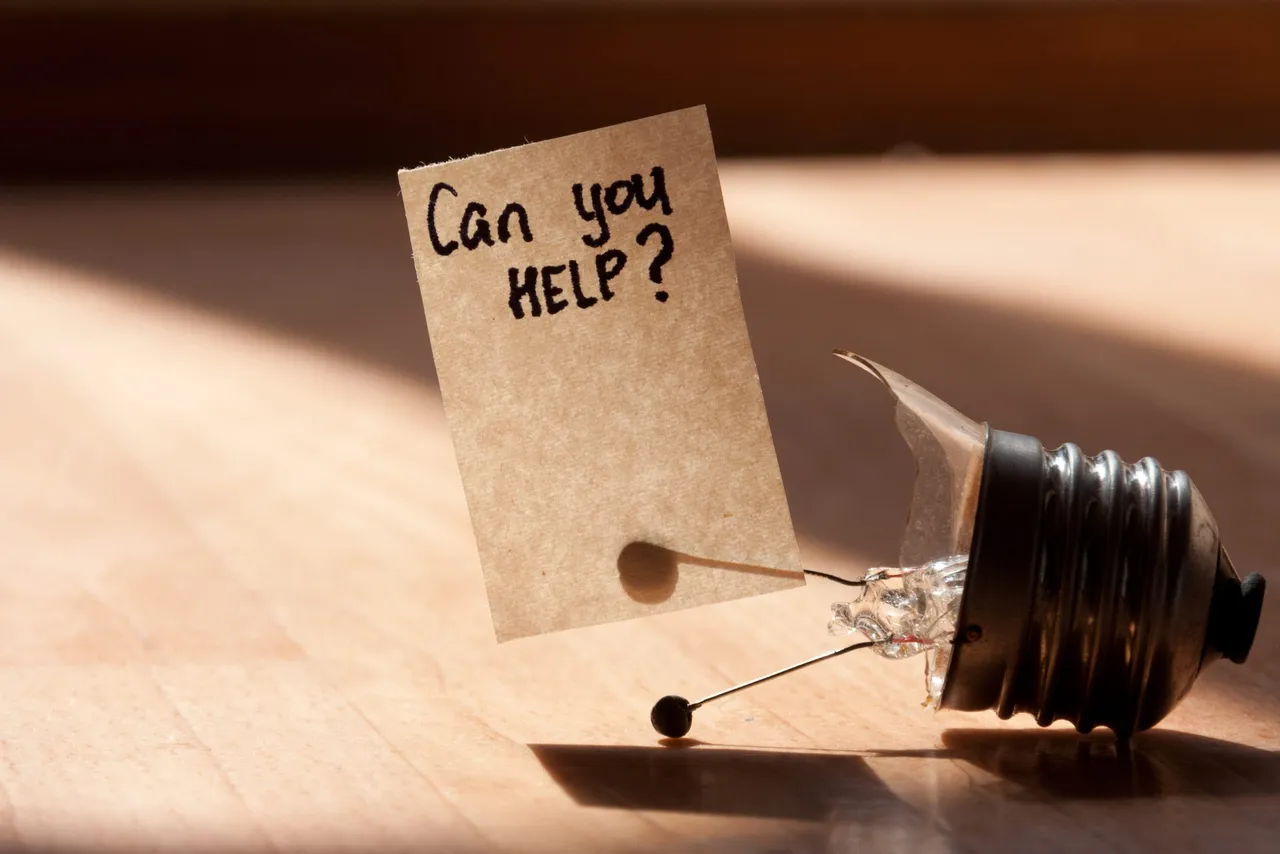Asking for help from others can have a range of effects, both positive and negative, depending on the context and the specific situation.
**Positive effects
**
Improved problem-solving
Asking for help can bring new perspectives and ideas to a problem, helping to find better solutions. This is particularly true when asking someone who has more experience or expertise in a particular area.
Greater efficiency
Asking for help can also allow tasks to be completed more quickly and efficiently. For example, if you're working on a project and you get stuck on a certain aspect, asking someone who has more knowledge or skill in that area can save you time and allow you to move forward more quickly.
Increased teamwork
Asking for help can foster teamwork and collaboration, as it requires trust and communication between individuals. This can help to build stronger relationships and improve team cohesion.
Enhanced learning
Asking for help can be a great learning opportunity. Not only can you learn new information or skills from the person you're asking for help, but the process of asking for and receiving help can also help you learn how to effectively communicate and work with others.
Relief of stress and improved well-being
Asking for help can reduce stress and improve overall well-being. When we're struggling with a task or problem, it can be stressful and overwhelming. By asking for help, we can alleviate some of that stress and feel more supported and less isolated.
**Negative effects
**
Stigma or negative perception
In some cultures or social groups, there may be a stigma attached to asking for help, particularly for those who are seen as being independent or self-sufficient. Asking for help in these contexts could potentially lead to a negative perception or judgment from others.
Dependency
Asking for help can also create a sense of dependency on others, which can be problematic if the help is not forthcoming or if the individual becomes too reliant on others to complete tasks or solve problems.
Power dynamics
Asking for help can also create power dynamics, particularly if the person being asked for help has more status or power than the person asking. This can lead to a feeling of vulnerability or a loss of control for the person asking for help.
Rejection or lack of help
There is also the risk of rejection or lack of help when asking for assistance. This can be particularly difficult if the help is needed in a critical or urgent situation.
The effect of asking for help from others can be highly positive, particularly when the help is given willingly and with a positive attitude. However, it's important to consider the potential negative effects and be aware of any potential power dynamics or stigma that may be at play. It can also be helpful to have a clear idea of what you need help with and how the person you're asking can best assist you.

